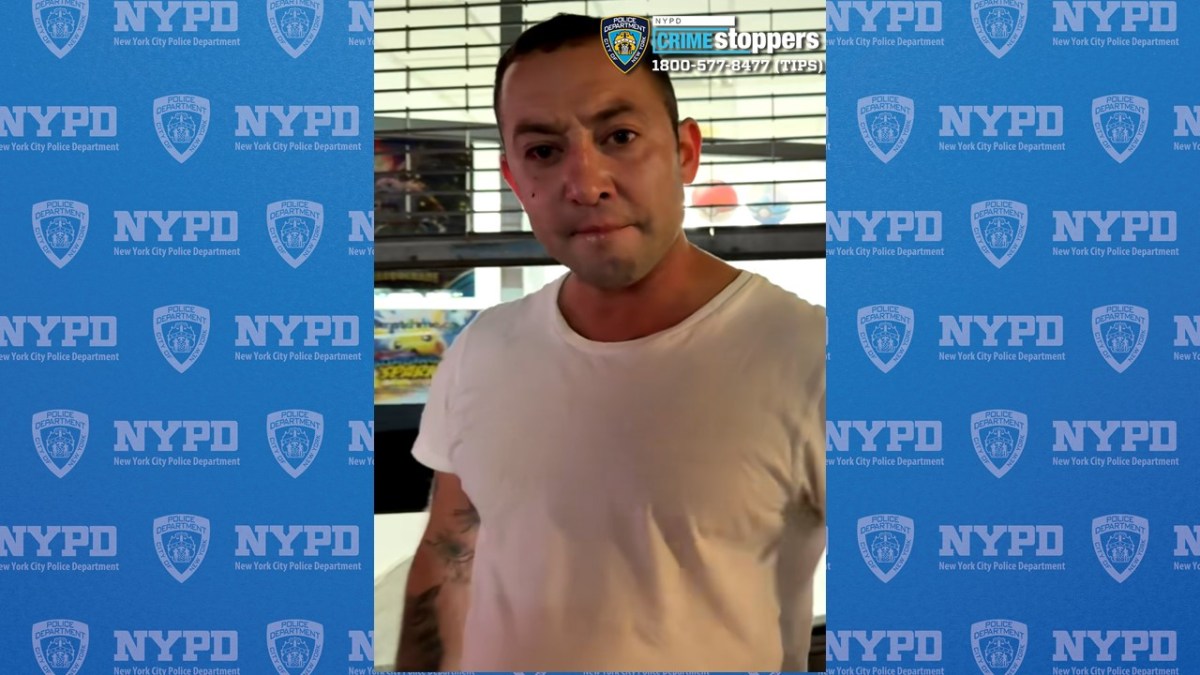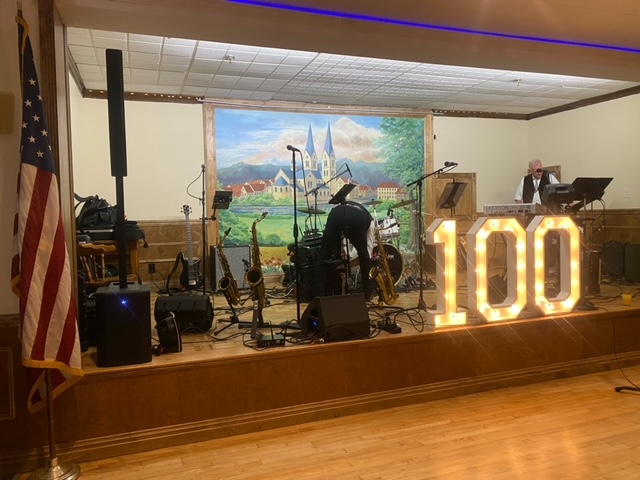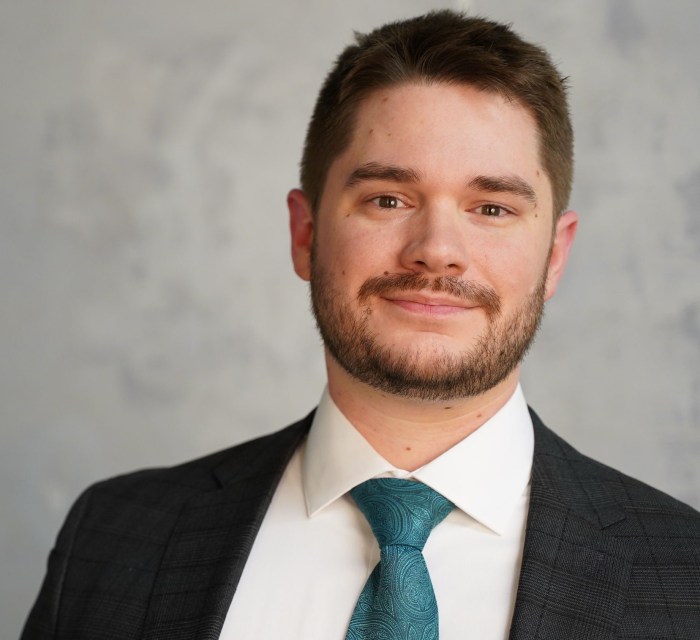By JERRY TALLMER
Just one more thing: He’s gone.
But he is not gone if I close my eyes and summon up remembrance of things past as far back as 1955, 1956, 1957, when that remarkable phenomenon called Off Broadway is just coming into flower, thanks in large part to two very different sensibilities, one from Brooklyn, named Papp, the other from Panama, named Quintero.
This is when José Quintero’s base, the Circle in the Square, is really a circle — a pint-sized theater in the round — and really right there in Sheridan Square, before Bleecker St., before 50th St., before all the rest of it.
Across the way, not yet famous, on one side of the square, is the Stonewall Inn; on the other side, next door to the Circle, is Louie’s Tavern, where all the world hangs out. Around the corner are the Sheridan Square Playhouse, the Limelight Coffee House and photo gallery, the Actors’ Playhouse. Beyond that, the Cherry Lane.
All of Off Broadway — theaters, churches, cellars, lofts, bars, what have you — is within walking distance of my desk at The Village Voice. Peter Falk’s current place of work is right here in José Quintero’s smash-hit restoration of Eugene O’Neill’s 1939 “The Iceman Cometh” at Circle in the Square — which is why Peter and I keep bumping into one another in the middle of Sheridan Square.
“How’s tricks?” “Okay. Could be worse. How’s by you?” A conversation carried on in shrugs. Almost like a Cassavetes movie. But wait.
Peter is sort of a star now — not like Jason Robards, Jr., who is the star and Obie winner that first year (1956) of the Obie Awards — but a star for all that, who has had four or five other careers and a hitch in the Merchant Marine before stumbling back into the acting he’d previously stumbled into at school and summer camp.
In “Iceman,” Peter plays Rocky the bartender, the stoic, cynical figure who speaks the play’s opening line and never leaves the stage from beginning to end, four and a half hours later.
Here in Sheridan Square he’s dressed for the part in his own well-worn garb, but no battered, old raincoat — not yet. Not until something like 15 years have passed, and one day my two sub-teen kids call me up to say: “Dad, you should watch a show on television called ‘Columbo.’ It’s good. It really is, Dad.”
And I did. And it was.
There is an odd symmetry to many of our lives, maybe all our lives. Peter Falk’s symmetry, or one of them, is that, though born in Manhattan (September 16, 1927) he grew up in Ossining, New York, the locale of Sing Sing prison. Homicide Lieutenant Columbo-to-be once played basketball against a team of prisoners at Sing Sing. “They killed us.”
Falk did a few more Off Broadway shows and a few on Broadway — once as Josef Stalin — before Hollywood grabbed him, or vice versa. Seen as a natural for gangster roles, he was nominated for an Oscar for his performance as Abe (Kid Twist) Reles, the defenestrated “canary who could sing but couldn’t fly” in “Murder, Inc.” (1960). Before he knew what it was all about, Falk was nominated the next year for Frank Capra’s “Pocketful of Miracles.”
What he was not nominated for, and should have been — they all should have been — was the long-in-gestation 1970 “Husbands,” in which John Cassavetes, Ben Gazzara and Peter Falk, real-life pals and basketball nuts, play three American guys — husbands — on a desultory, broads-and-boozing weekend toot in London.
There was all kinds of blood in Peter Falk’s veins — Russian, Czech, Polish, Hungarian — and all of it Jewish, though Lieutenant Columbo is about as Jewish as manicotti.
Peter Falk had lost his right eye to cancer at age 3. I long, long ago got used to Peter’s good left eye pointing just very slightly north-northwest over your shoulder if you were talking with him.
I shall not, however, as easily get over the absence of Rocky the bartender every time I happen to cross Sheridan Square. Bon voyage, old friend. Give my best to José if you bump into him.



































